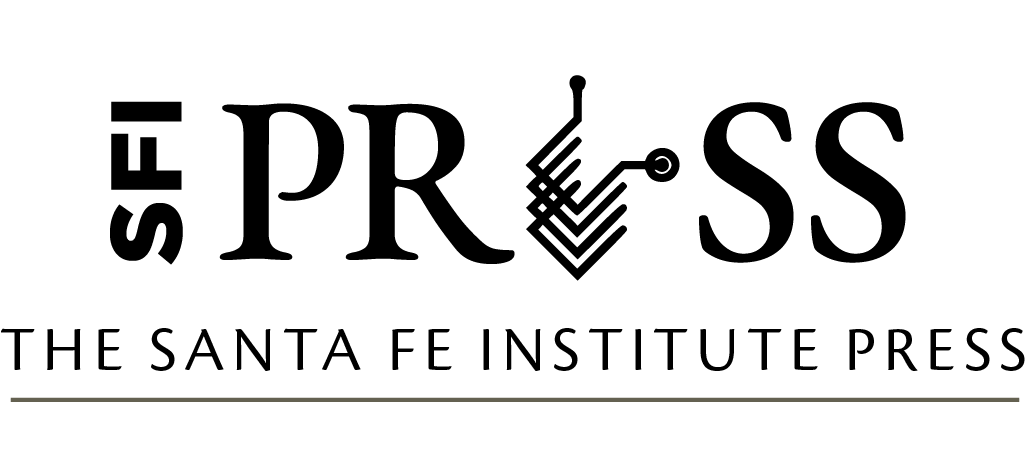On December 19, the SFI Press published Volume 4 of Foundational Papers in Complexity Science. Following the publication of Volumes 1 and 2 in May and Volume 3 in September, this concluding book contains papers published between 1989 and 2000 — an era when complex-systems science had become a fledgling field of study in its own right. Hardcover and paperback versions of each book are available globally at cost; they are not available as ebooks due to electronic reprint rights.
Read MoreWe live in a complex world — one that is increasingly connected, evolving, technological, volatile, and potentially poised for catastrophe. And yet we continue to treat the world as if it were simple. Our dominant frameworks are still linear, unchanging, and disconnected, assuming Earth’s resources are infinitely exploitable. Complexity science offers a paradigm-shifting approach.
Read MoreTo SFI External Professor Han van der Maas, psychology is the most fascinating science of all. It’s also one he sees as facing multiple crises — crises of theory, replication, and measurement.
Read MoreThe Santa Fe Institute is gifting a set of Foundational Papers in Complexity Science books to each recipient of the Complex System Society’s upcoming Emerging Awards. The three winners will be announced during the next Conference on Complex Systems in Exeter, UK, in September.
Read MoreWhen Claude Shannon wrote “A Mathematical Theory of Communication” in 1948, he was known as a mathematician and an electrical engineer. From this extraordinarily influential paper — cited more than 155,000 times — he would come to be called the “father of information theory.” Today, we see in him the hallmarks of an early complexity scientist.
Read MoreThe more we learn about the past, the more we come to understand that ancient societies share some striking similarities to our own. From the first waves of migration out of Africa to the Ancestral Pueblo, the peoples of the past created art, migrated to new lands, fought wars, raised families, and exploited natural resources for housing, food, and tools—just like we do.
Read MoreWhen Santa Fe Institute scientists first started working on economics more than thirty years ago, many of their insights, approaches, and tools were considered beyond heterodox. These once-disparaged approaches included network economics, agents of limited rationality, and institutional evolution—all topics that are now increasingly considered mainstream. SFI continues to expand the boundary of our economic understanding by pioneering fields as diverse as collective intelligence and organizational scaling.
Read More"InterPlanetary Transmissions: Stardust," a record of the proceedings of the second annual InterPlanetary Festival, has launched from the SFI Press.
Read MoreFasten your seatbelts and prepare for takeoff: InterPlanetary Transmissions: Genesis has hit the shelves.
Read MoreThe Energetics of Computing in Life and Machines, edited by David Wolpert, Chris Kempes, Peter Stadler, and Joshua Grochow, lays out recent advances that are driving a new “thermodynamics of computation.”
Read MoreBorne out of a transdisciplinary Santa Fe Institute working group, Law as Data, edited by Michael Livermore and Dan Rockmore, explores the new field of computational legal analysis — the study of the law that uses legal texts as data.
Read MoreA new edition of Emerging Syntheses in Science, edited by SFI co-founder David Pines and published through SFI Press, offers a fresh window into SFI's founding meetings, including never-before-published transcripts and essays.
Read More

















